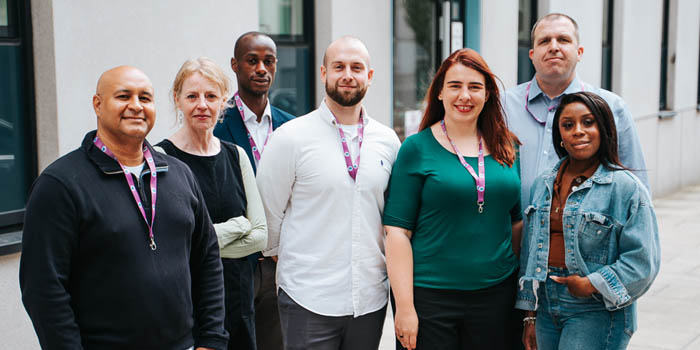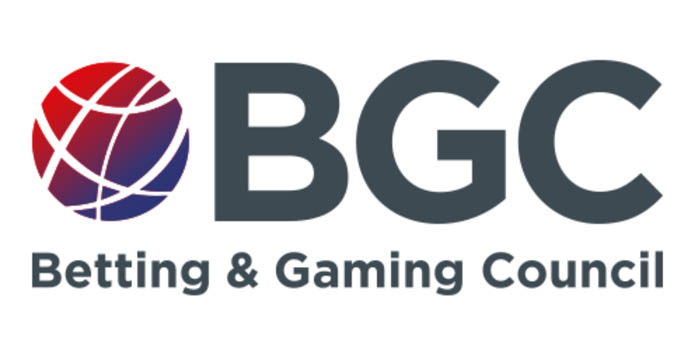GambleAware Published NGTS 2021-22 Statistics

GambleAware, a British charity helping people struggling with problem gambling, has published the National Gambling Treatment Service (NGTS) annual statistics for the 2021-22 period. The results show that the service is highly effective in helping people overcome addiction.
NGTS Remains an Effective Treatment Service
As announced by GambleAware, the statistics show that the NGTS is still a quick and efficient way for people to get their gambling habits under control. The charity reported that 7,072 people received treatment between April 2021 and March 2022.
According to official data, 92% of the people who completed the whole treatment showed a significant improvement in their Problem Gambling Severity Index score. Furthermore, 86% of the people who attended all treatment sessions stressed less about their gambling behavior. About a third of all people who attended NGTS sessions (30%) failed to complete the entire treatment. For reference, an entire treatment lasts about ten weeks.
Drawing attention to other facts, GambleAware noted that 57% of referrals came from the National Gambling Helpline. However, only 26% of these were people making referrals for themselves. Half of all people who used the service scheduled an appointment within five days of first contacting the NGTS. 75% scheduled an appointment within 12 days.
Unsurprisingly, most people who contacted the NGTS preferred to play online. GambleAware noted that such gambling products tend to appeal to younger audiences, which is why young people are often more vulnerable to harm. In addition, an increasing number of women contacted the service to report that they have been affected by someone else’s behavior.
CEO Osmond Is Encouraged by the Results
Zoë Osmond, GambleAware’s chief executive officer, spoke about the results. She said that the results are extremely encouraging because they show that the NGTS continues to improve the lives of problem gamblers. She added that it is good to see that fewer people require more advanced treatment and that more people are contacting the helpline.
Osmond noted that no one is immune to gambling harm, which is why it is important to teach people about the treatment services available to them and encourage problem players to use them.
We remain committed to ensuring that we work closely with our partners to understand how we can further optimize uptake and retention. We also acknowledge the urgent need to raise awareness of the service and improve access to it across the diverse range of populations and people that could stand to benefit from treatment.
Zoë Osmond, CEO, GambleAware
The current report follows an earlier report that showed that even people who fail to complete the entire treatment still experience some relief.
Angel has a passion for all forms of writing, be it fiction or nonfiction. His curious nature gives him an ace up his sleeve when researching a new topic. Angel’s thirst for knowledge, paired with adaptability, always helps him find his way around.















